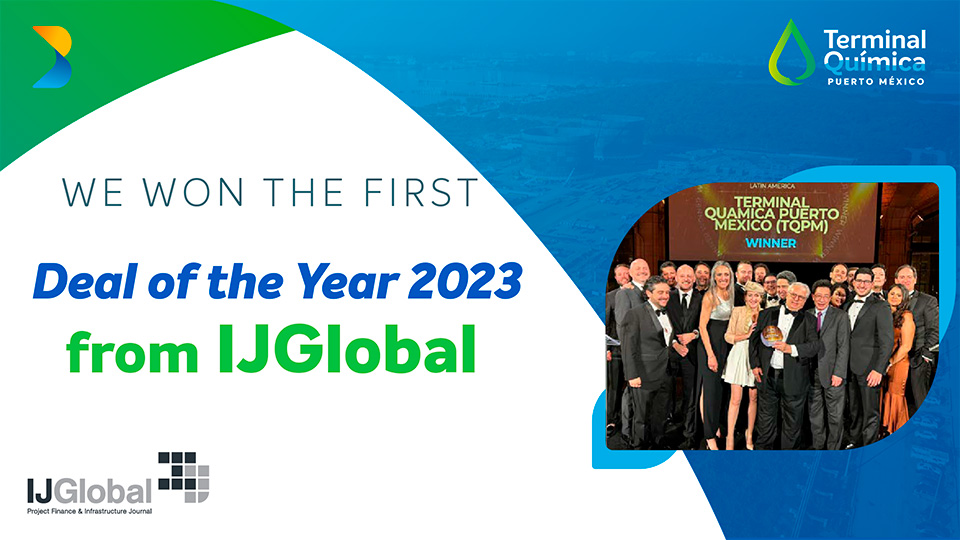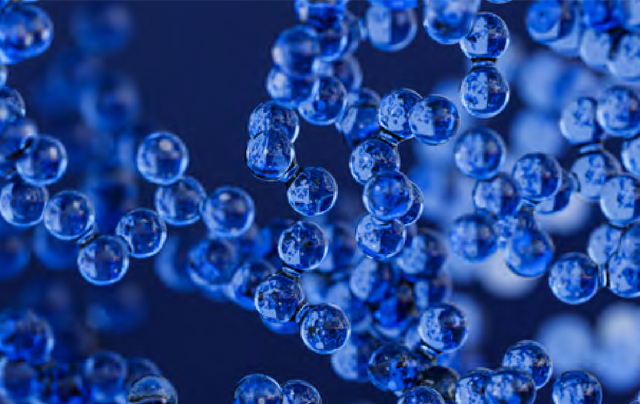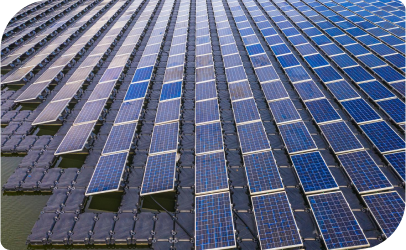Braskem reports EBITDA of R$845 million in 2Q12
Company's expands its domestic market share by 3 p.p. in the period
The measures adopted by Brazil's federal government to stimulate consumption seeking to accelerate growth in the country's industrial sector, combined with the cumulative cuts in the benchmark interest rate, have not yet had the desired effect on the domestic economy. The consensus forecast for Brazil's GDP growth in 2012 declined to 2%, with expectations calling for a recovery in growth rates during the second half of the year. In this scenario, Brazilian demand for thermoplastic resins contracted by 9% in the second quarter compared to the first quarter, thwarting the recovery observed in that period.
Despite this hardly favorable economic environment, Braskem's EBITDA in 2Q12 was R$845 million, or 7% higher than in the first quarter of the year, supported by the slight recovery in spreads between resin and feedstock prices, following the trend in international markets. Excluding nonrecurring effects, which generated a positive impact of R$108 million in the quarter, Braskem's EBITDA was R$737 million, with EBITDA margin of 8.7%. Compared to 2Q11, EBITDA measured in Brazilian real decreased by 27%, reflecting the lower spreads in the petrochemical business.
Braskem's consolidated net revenue was R$9.1 billion, or 11% higher than in the prior quarter, leveraged by the effects of the stronger U.S. dollar on the prices of resins and basic petrochemicals in Brazilian real, which increased by 11% and 10%, respectively, and partially offset the lower sales volume in the period. Compared to 2Q11, consolidated net revenue grew by 9%.
"The scenario of uncertainty in the international economy and the slow growth in the domestic market continue to represent a major challenge for growth in Brazil's industrial sector in the near term, which remains pressured by factors associated with the so-called Brazil cost that weaken the country's competitiveness. Adopting anti-cyclical measures, such as cutting taxes on production costs and investments and stimulating innovation, will be important for overcoming the current situation," said Carlos Fadigas, Braskem's CEO.
Braskem's sales in the domestic market contracted by 6% in 2Q12, lagging the drop in domestic demand, which led to a market share gain of 3 percentage points. Faced with limited demand, Braskem adjusted its production rates by performing scheduled maintenance shutdowns at some of its resin plants in Brazil, which reduced its capacity utilization rates from the previous quarter by up to 10 percentage points, as was the case of polypropylene. Domestic sales of polyethylene and polypropylene decreased by 7% in volume, while PVC sales grew 2%.
Braskem reported a net loss of R$1.0 billion in 2Q12, which was influenced by the impact on the Company's debt from the 11% U.S. dollar appreciation in the quarter. It is important to note that these effects from foreign exchange variation do not have any direct impact on the company's cash position in the short term, given Braskem's average debt term of 15 years. For the 70% of the Company's debt linked to the dollar, the average term is 20 years, and this level of dollar-denominated debt is consistent with the fact that virtually all of Braskem's revenue is correlated to this currency.
Maintaining its commitment to making investments with returns above the cost of capital, Braskem invested around R$1.1 billion during the first half of 2012. Of this amount, R$508 million was invested in projects to expand capacity and improve assets, with the highlights the conclusion of the PVC expansion project in the state of Alagoas and the new butadiene plant in the state of Rio Grande do Sul, both of which have already been commissioned. Braskem also invested R$207 million in maintenance, in line with its objective of maintaining its assets operating at high levels of operating efficiency and reliability.
On the international front, construction began and earthmoving works are in the final phase at the Ethylene XXI project for the integrated production of polyethylene in Mexico, which is scheduled for startup in 2015. Moreover, in the United States, where it has 5 polypropylene plants, Braskem acquired in July the propylene splitter assets at the Marcus Hook refinery in Pennsylvania, which ensures its feedstock supply from multiple sources and effectively guarantees the continuity of operations at its plants in the region.
Braskem also strengthened its partnership with Enterprise Products through an agreement for the supply of approximately 65% of the propylene required for its 3 plants located in the U.S. Gulf region for a period of 15 years. One of these agreements involves the construction by Enterprise of a propane gas dehydrogenation unit (PDH). The PDH unit is expected to begin commercial operations in the third quarter of 2015 and will use propane from shale gas and other non-conventional propane sources as feedstock. All these efforts reinforce Braskem's commitment to the U.S. petrochemical industry and provide its local matrix with feedstock pricing based on propane gas, taking advantage of the region's competitive gas supply opportunities.
"At the same time that it is implementing its long-term strategy, which is supported by structural expansion projects like the Comperj complex to be built in Rio de Janeiro and the Ethylene XXI project in Mexico, Braskem also continues to focus on improving its competitiveness through gains in market share and operating efficiency, while reducing fixed costs," said Fadigas.
Related News
News
More news
Advario, Braskem Idesa and Terminal Química Puerto México (TQPM) wins Oil & Gas Deal of the Year of the IJGlobal Awards New York

Braskem and Shell join forces to produce circular polypropylene from mixed plastic waste

Braskem and FKuR sign agreement for distribution of I'm greenTM bio-based EVA

COUNTLESS readies lignin-based platform chemicals for the market

Braskem EVA Recycling Technology Research Partnership Awarded RD&D Grant from the REMADE Institute


 Braskem Global
Braskem Global
 Braskem Idesa
Braskem Idesa
 Braskem USA
Braskem USA
 Braskem Europe
Braskem Europe











